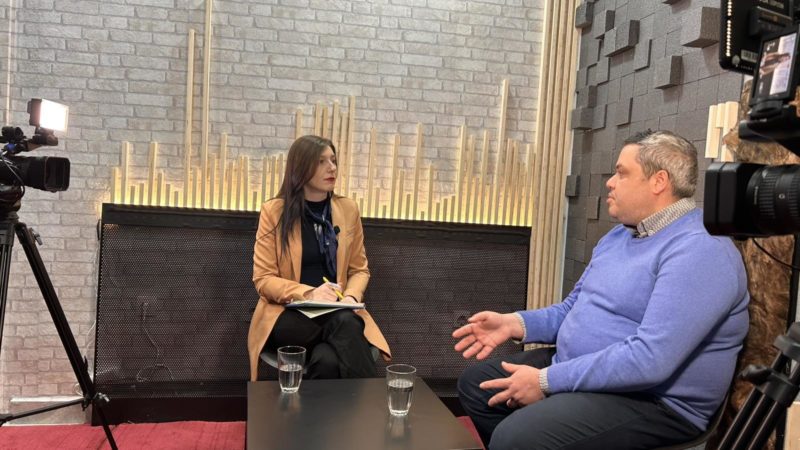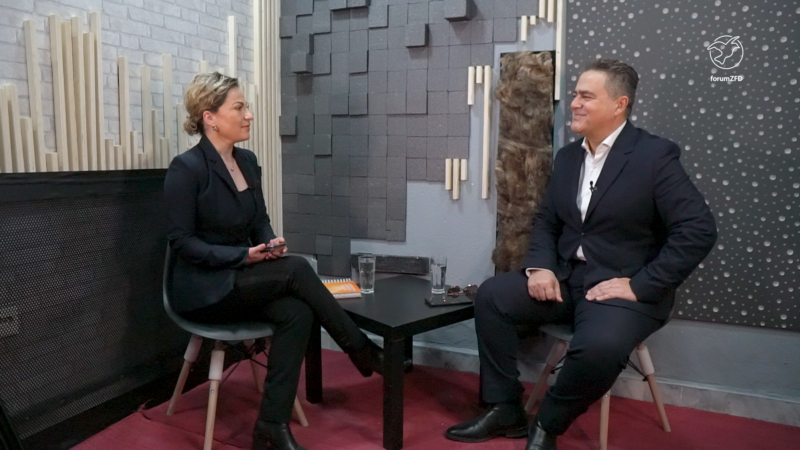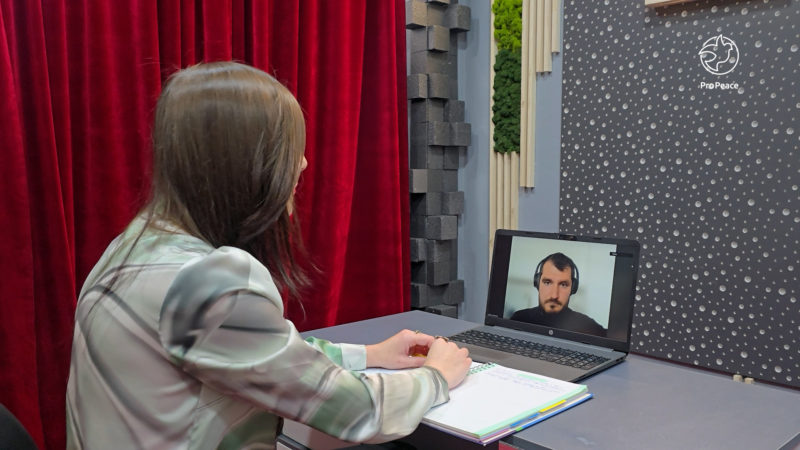In this episode, we dive into a topic with deep historical and political weight — the Law on Amnesty and its impact on transitional justice processes in North Macedonia. We explore how amnesty has been used in the past, what it aims to achieve, and whether it truly contributes to social reconciliation — or simply covers up injustices.
Is amnesty a step toward justice — or a detour away from it?
A conversation that challenges official narratives and sheds light on the role of the state, victims, and justice in a society striving to heal past wounds without forgetting them.
You Might also like
-
What is Transitional Justice?
In the first episode of our new podcast series, Balkan Perspectives, we talk about Transitional Justice, what does it mean, and how have countries in the Balkans dealt with it? Why don’t we learn about it as a subject in schools, even though it’s so important? To answer these questions, we talked to University Professor Blagoj Conev, who explains the basics of Transitional Justice and why it is important for our region.
Post Views: 724 -
Transitional justice and the Hague cases
In the second episode of the “Balkan Perspective” podcast, we discuss the role of international courts in restoring peace in the Balkans after the conflicts of the 1990s. What impact have these institutions had in addressing war crimes and building trust among citizens? Are these courts perceived as a mechanism of justice by the affected communities?
Special attention is given to North Macedonia, analyzing the level of peace and inter-ethnic relations following the 2001 conflict. Our guest is Imer Selmani, a prominent political figure who has held significant positions throughout his career and has been a witness to key developments in the country.
Post Views: 915 -
THE TESTIMONIES OF THE VICTIMS ARE AN IMPORTANT BASE FOR BUILDING BRIDGES AFTER 2001
In this episode of Transitional justice we open the topic of memorization and commemoration after the armed conflict. We invited Naum Trajanovski – a PhD from the University in Poland and a sociology researcher who was previously researching these topics. We talked about the importance of the memorization and commemoration after the conflict in Macedonia in 2001.
Post Views: 746





